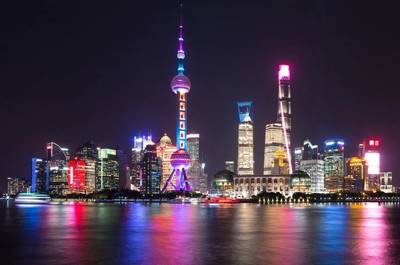Trafigura Merging China Oil Operations in New Shanghai Trading Desk
Swiss commodities merchant Trafigura plans to merge its three-year-old crude oil marketing office in Qingdao, in east China's Shandong province, with an oil desk being set up in Shanghai, according to three sources with knowledge of the matter.
Trafigura earlier this year created a head oil trader position in its Shanghai office, which has long focused on metals, said the sources. Huang Shufu, from the company's Singapore-based oil team, was made the team leader, they said.
Trafigura declined to comment on the merging of the offices or on the appointment of Huang to head the Shanghai oil team. Reuters could not immediately reach Huang.
The trading company's only remaining marketing staff in Shandong province will join the Shanghai oil team next month, said one of the sources.
"The position in Shanghai is designed so that traders can have better communications between teams and share the resources of the long-established metals desk," said a second source, referring to the sharing of back-office support and financing.
As part of the restructuring of its China oil team, its China-focused senior crude oil trader in Singapore, Wang Zheng, left the company last week, said the three sources and two others with knowledge of the matter.
Wang, previously a crude oil trading manager at Chinese state trader Unipec - a unit of Sinopec - and then with Azerbaijan state oil company SOCAR in London, joined Trafigura in Singapore in 2018 to focus on China's crude market.
Trafigura said it does not comment on hirings or departures for its trading teams. Wang also declined to comment.
The Qingdao office, set up in January 2017 after Trafigura closed its Beijing oil operation, was created to strengthen client relations with independent refineries in Shandong province. The independent refiners there, given the right to import crude oil since late 2015, now make up roughly a fifth of China's total crude purchases.
Trafigura has since then become one of the largest international suppliers to China's independent refineries, often called "teapots".
(Reporting by Chen Aizhu; Additional reporting by Julia Payne in London and Shu Zhang in Singapore; Editing by Tom Hogue)



